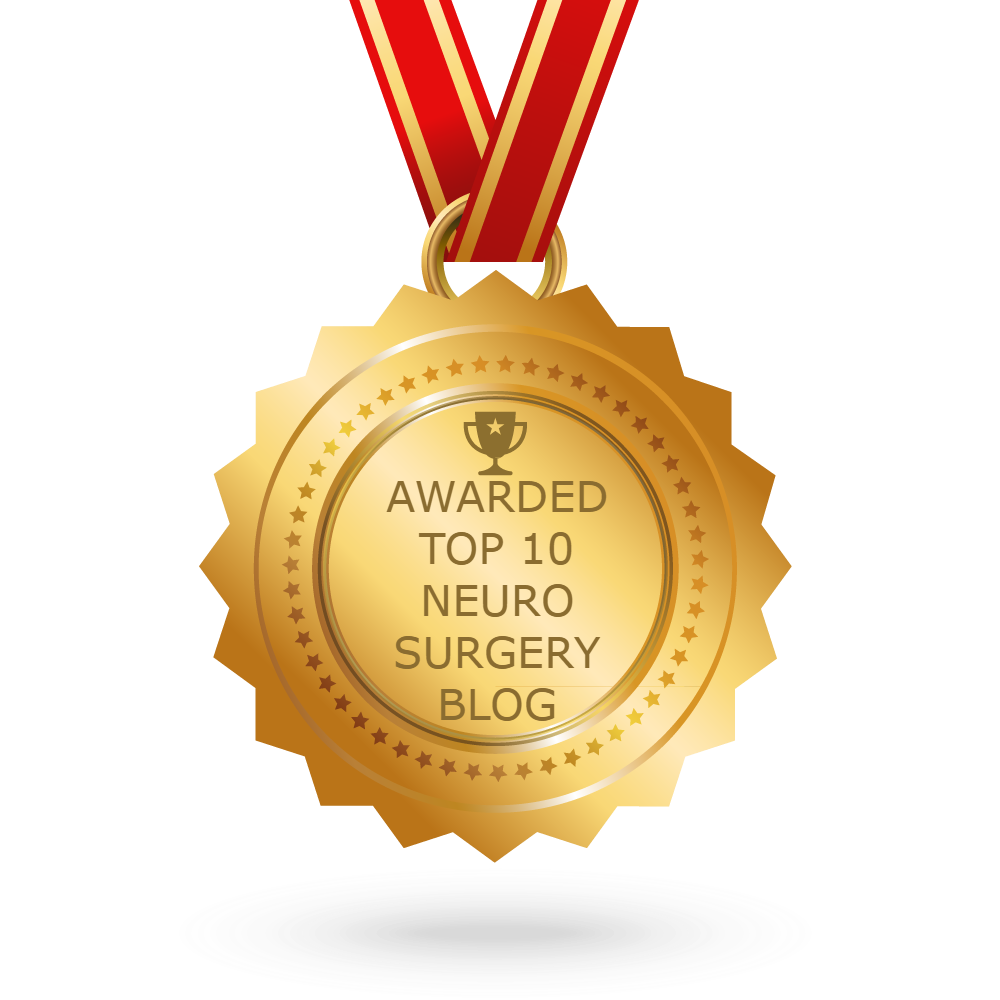|
On Dec. 14, 2016 the U.S. Food and Drug Administration (FDA) issued a safety announcement regarding the potential effect of anesthetics on children younger than 3 years of age. The FDA announcement specific points to multiple repeated anesthetics and/or prolonged anesthesia over 3 hours.
Some recent studies suggest that a single, short exposure to general anesthetic and sedation drugs in infants or toddlers is unlikely to have negative effects on behavior or learning. However, much more research is needed to fully understand how early life anesthetic exposure affects children’s brain development. Surgery is scary enough: how should moms and dads evaluate the risk of anesthesia drugs and the possible effects on their baby? Studies are currently ongoing, aiming at characterizing how exposure to anesthesia drugs at a young age may affect children in the long run. The medical and scientific community does not have enough information to be able to draw definitive conclusions at this point. Open, honest conversations are recommended. Families and children's doctors should discuss these issues in the context of each child's care. If a surgery or procedure requiring anesthesia is definitely needed for the health of the child, it should not be delayed. However, if a procedure does not need to be done at an early age, it makes sense to consider the timing. These conversations should be addressed on an individual basis, and families should engage with their physicians to make sure they understand and feel comfortable with choices for their children. Remember, there are no "silly" or "minor" questions with the doctor... it is important for parents to understand and to feel comfortable with choices they are making together with their children's physicians: the choice is for the child and for the family. Here are more resources about this issue:
|
Pediatric Neurosurgery teamThings we are passionate about Archives
May 2023
Other linksmy TCH blog post on - organizing your medical records for doctor's appointments - Craniosynostosis 101 our patients' moms blog about their family's - epilepsy surgery journey - craniosynostosis surgery journey some of our inspiring patient and family stories in the news: - epilepsy surgery - craniofacial surgery - AVM surgery Cross-post & links to my posts on other sitesUpdates on pediatric cerebrovascular disease in #NeurosurgeryBlog
Comments on health policy, pediatric neurosurgery, and the Affordable Care Act in the #NeurosurgeryBlog Sharing on the "ask-the-doctor" series on the Children's Craniofacial Association's blog - helmet FAQs: after endoscopic craniosynostosis surgery - helmet FAQs: positional plagiocephaly Top rated neuroscience blog
|
SITE MAP |
Content is not medical advice. Disclaimer.
|

